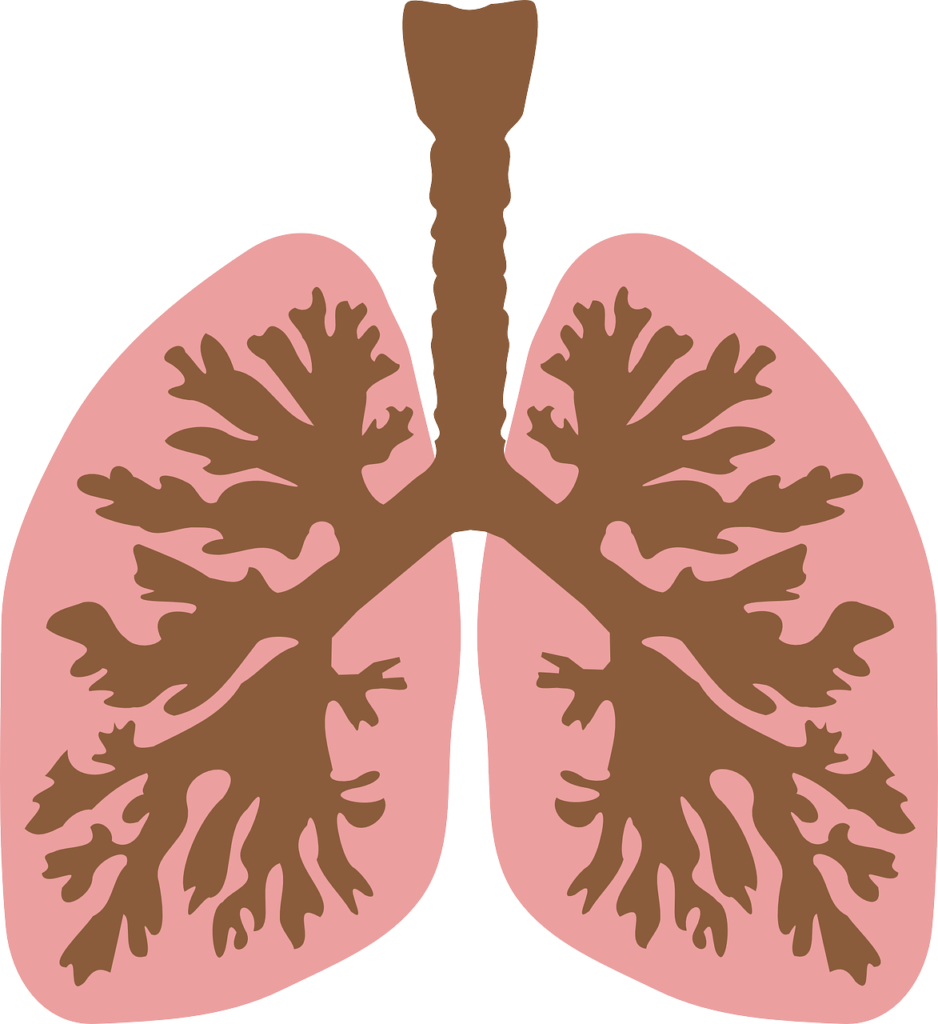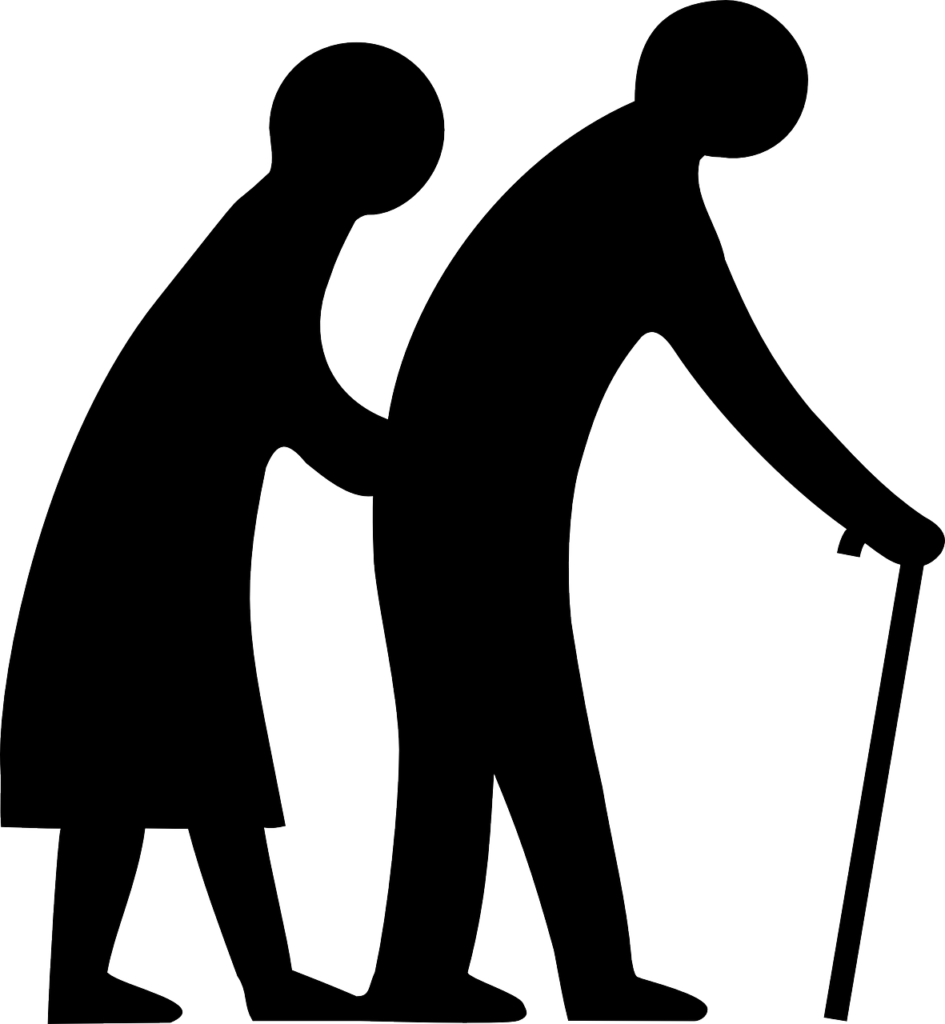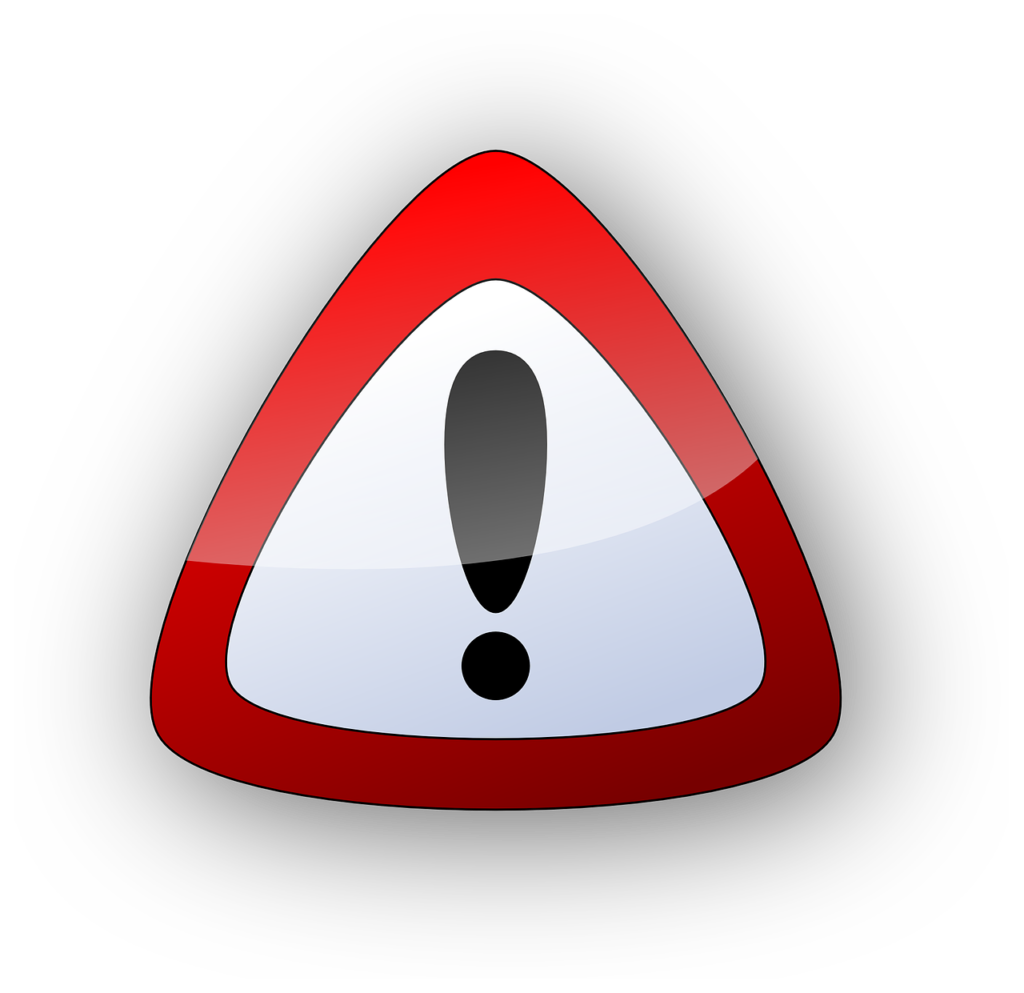Introduction Elderly Pneumonia
Pneumonia in the Elderly. Pneumonia is a respiratory infection that inflames the air sacs lining the lungs. Also, pus may form, reducing the amount of oxygen flowing through the blood. The condition typically causes breathing issues, coughing, fever and chills. Although pneumonia can affect people of all ages, children younger than 2 and adults over 65 are the most vulnerable.
For seniors, age-related changes, a weakened immune system and pre-existing conditions can affect lung function. And how oxygen circulates in the body. Consequently, each year, an estimated one million older adults are hospitalized with pneumonia or related complications. Hence, about 50,000 individuals in the US will die each year as a result of pneumonia. Here, this number is reflected in other countries.
Why Are Older Adults More Vulnerable to Pneumonia?
Pneumonia in the Elderly. The aging body has to work harder to fight off infection. Seniors also have decreased muscle mass and may live with conditions like COPD, asthma, heart disease and diabetes.
Factors posing complications for seniors who contract pneumonia include:
- Muscle weakness and frailty, which can make coughing a challenge
- A weaker immune system that can no longer fight off infection like it used to
- Chronic health conditions increase an older adult’s chances of contracting pneumonia
- Recent surgery that has consumed the body’s resources for healing
Different Symptoms for Seniors
Another concern, pneumonia symptoms can present differently in seniors. Older adults may display some of the classic signs, including:
- Coughing up phlegm
- Low body temperature
- Decreased energy
- Fever
- Chest pains
- Shortness of breath
- Nausea
- Diarrhoea
Yet these symptoms may also be accompanied by:
- Balance issues
- Confusion
- Inability to perform day-to-day tasks
- Urinary incontinence
- Loss of appetite
- A suddenly worsening health condition
Diagnosing pneumonia
Pneumonia in the Elderly. In older adults, pneumonia may be misdiagnosed as something less severe. Yet because symptoms can quickly become aggressive, you’re encouraged to get medical attention as soon as possible.
Once a senior is diagnosed with pneumonia, they may be given antibiotics, cough medicine or a pain reliever. In addition, along with oxygen therapy or another breathing treatment. Take note, due to the high risk for complications. Also, you’re advised to take the full course of each medication, rather than stopping when symptoms appear to improve.
Pneumonia Complications for Older Adults

As the body has a hard time fighting off pneumonia. So then, older adults can quickly develop severe, potentially fatal complications, including:
- Bacteraemia, an infection that starts in the lungs and can spread to other organs
- Pleurisy, inflammation of the membrane surrounding the lungs
- Lung abscesses
- Acute respiratory distress syndrome, which can lead to respiratory failure (death)
- Organ damage from a lack of oxygen circulating throughout the body, in conjunction with pre-existing conditions
- A urinary tract infection, as bacteria from the lungs can gather in the kidneys, bladder or urethra
Where and How Older Adults May Contract Pneumonia
Being around people increases your risk of contracting pneumonia. However, specific scenarios apply to older adults:
- Healthcare Settings: Older adults have a higher risk of getting pneumonia here, compared to other age groups.
- Community-Acquired Pneumonia: In a large group of people, you have a higher risk of contracting pneumonia. This includes senior care settings and family gatherings.
- Aspiration: Due to muscle weakness, older adults have a higher risk for developing pneumonia when outside particles and fluid enter the lungs.
Older adults are more likely to develop the condition from bacteria streptococcus pneumoniae and haemophilus influenzae. And as well as common respiratory viruses like the flu.
Preventing Pneumonia in Older Adults
To lessen your risks for pneumonia:
- Get the pneumococcal vaccine
- Get your flu shot each year
- Practice good hygiene, including washing your hands and wiping down surfaces
- Avoid behaviour’s that could weaken your immune system, including smoking
- Continue to eat a balanced diet and exercise regularly
- Limit travel and group activities
In Conclusion
As pneumonia is a known killer of older adults, please take this post seriously. Here, think about what you can do to stay fit and healthy. But if you allow yourself to become weak and frail you open the doors to disease and ill health. So then, it is distressing to see a person who has pneumonia, as they try to get enough air. Consequently, if you see someone who is suffering from this condition you will feel it as their distress will affect how you feel.
Important Note *
Remember that everyone is different, and it is ultimately YOUR RESPONSIBILITY to find what your body responds to. So please do your due diligence before trying anything new, including getting Medical Advice to ensure your safety and peace of mind.
Connect with me and leave a comment or two on my social media.





2 replies on “Pneumonia in the Elderly”
Thank you Ian!
Hi Mary, Thank you for taking the time to comment, I am happy you enjoyed the post, All the very best Ian.